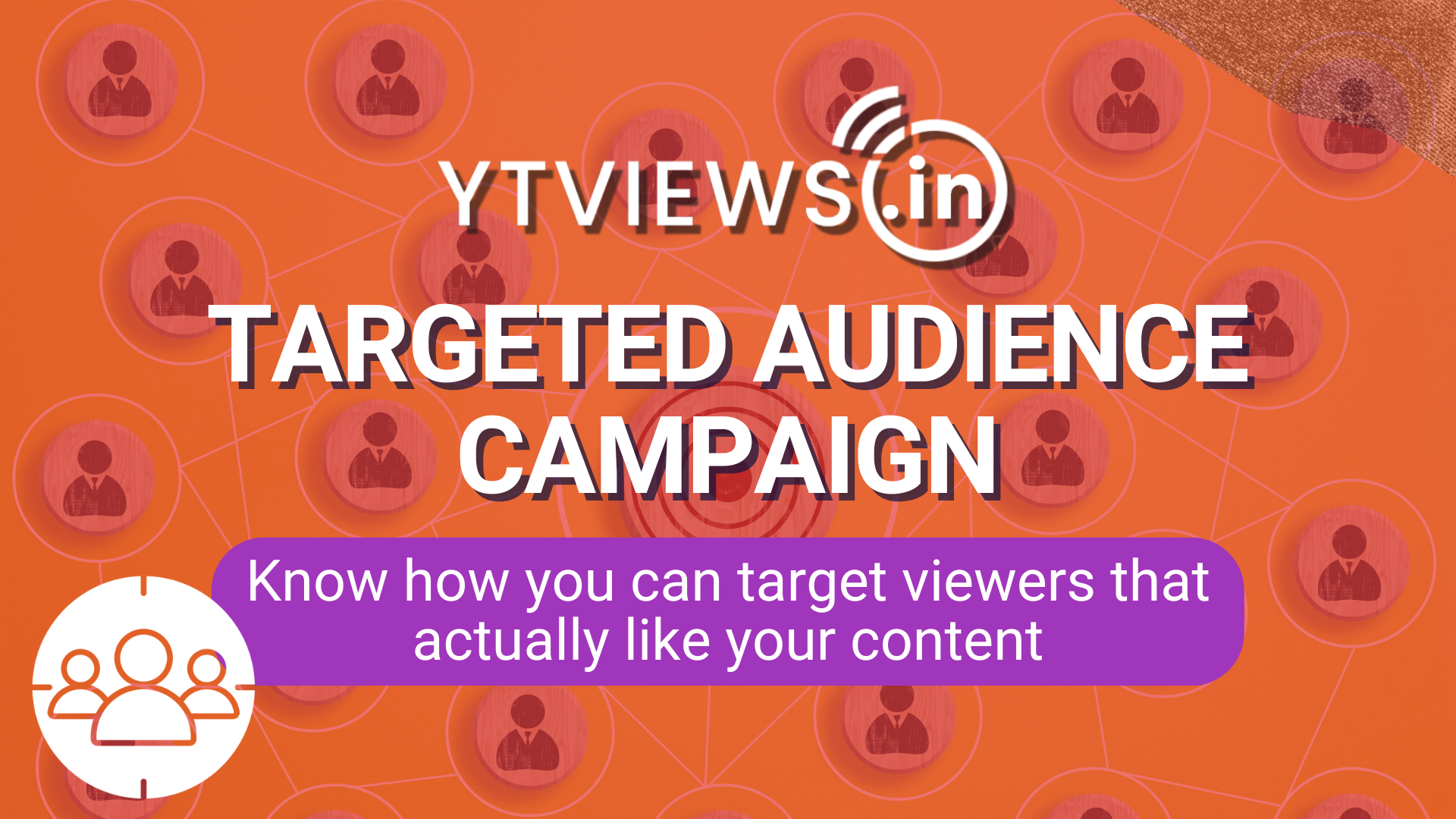Views have become the new metric. But how are Views actually counted?
There has been a relative change of metrics in the social media world and views are now dominating the social media realm. Instagram and YouTube, two popular content-sharing platforms, have recently started using this metric and have shifted the focus of content creators and brands to it. But how are these views actually quantified?
Defining a View: The Mechanics Behind the Numbers

While the exact methodology may vary slightly between platforms, the general principles remain consistent. A view is typically registered when:
A user initiates playback: This refers to a deliberate action by the user; for instance, when they click on, let’s say, the video thumbnail or press the play icon.
Video plays for a specific duration: There is usually a standard for how long, for instance, a video must play in order to count as a view, normally, it is roughly 3 seconds. This assists in ruling out interactions that are accidental or that occurred due to brief previews of certain content.
However, it is crucial to mention that platforms use various strategies to avoid fake views, for instance, bots or fake accounts. Some of these measures are algorithms which study the viewership pattern, IP addresses among other qualities in order to screen out spurious viewers.
The Impact of Views on Content Creation
The shift to views as the main KPI is not neutral in the least for content producers and has significant consequences. It promotes a commitment to producing creative and captivating content that the audience would prefer to watch through. Therefore, longer-form videos, interactive content as well as great visuals are some of the features we can anticipate in the future.
For brands, it can be seen as a shift from previous possibilities of measuring the influence towards new opportunities lying in the emphasis of views. It is important that by tracking the number of times a video is viewed, brands are able to understand the audience better so that they can feed them with material that they would enjoy. In the same regard, platforms may develop new forms of advertising that are based on viewership statistics and offer brands the most effective channels to address the audience.
The change of views as the main stage is still ongoing, and such platforms can still enhance the method they use. However, one thing is clear: how views are counted, and how to properly navigate this particular value will also be important for succeeding in an increasingly complex world of social media.











































